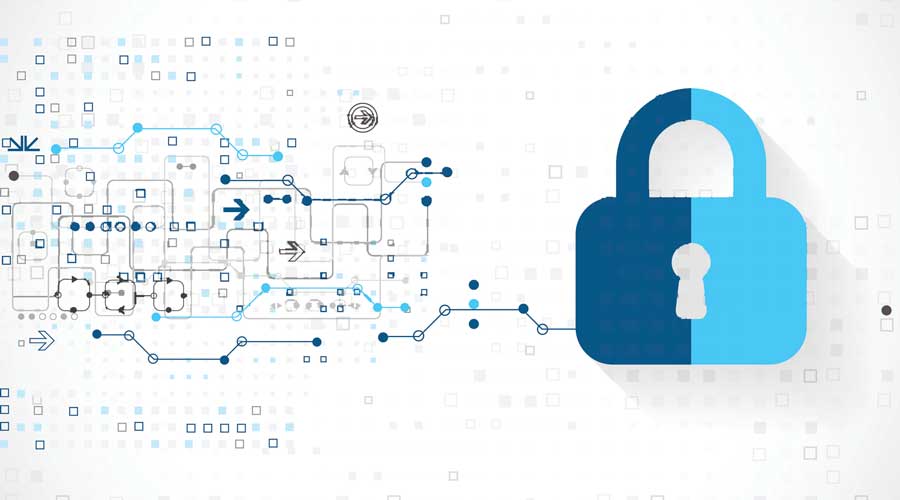Cybercrime is on the rise.
The President and CEO of IBM described cybercrime as “the greatest threat to every profession, every industry, every company in the world.”
Yes, even to your independent community pharmacy.
Fifty percent of small and mid-sized organizations reported suffering at least one cyberattack in 2016, according to Keeper Security’s “The State of SMB Cybersecurity” report.
The average cost of a data breach totaled nearly $900,000. And, restoring the business back to normal cost almost $1 million after that.
Can your pharmacy afford a breach?
Sophisticated (and expensive) methods are available to protect your information systems, but you and your staff can take simple measures to help protect your pharmacy from a cybercrime.
Here are five easy practices that go a long way in protecting your pharmacy from cyberattacks.
1. Create strong passwords
It’s tempting to make passwords easy to remember, but that makes passwords easy to crack.
Instead, focus on protecting your data by beefing up your passwords.
Here are a few ways to create secure passwords:
- Make passwords 12 characters or longer
- Avoid names, places and dictionary words
- Use at least one capital letter, number and symbol
In addition, create a new password every three months, even if it’s a slight variation from your current one.
2. Avoid email scams
Ninety-one percent of advanced cyberattacks begin with an email. Even with robust security protocols in place, health care employees have a phishing email response rate of 31 percent.
And all it takes is one to expose an entire system.
Dangerous phishing emails appear in many forms, sometimes with personalized information that makes the scam email hard to spot.
Protect your pharmacy by training yourself and your employees on how to look for scam emails.
Other tips to avoid email scams:
- Allow your antivirus software to scan emails
- Only open attachments from people you trust
- Disable automatic previewing
- Never respond to emails that request personal information
3. Always update your software
You know when your operating system annoyingly alerts you to update your computer or your mobile software? And they always seem to pop up in the middle of your work?
Those updates often contain new security patches that help protect your system against cyberattacks. As inconvenient as they are, if you don’t allow the updates you’ll expose yourself to threats.
Make time to update your systems on the same day you’re notified. It’ll be worth the annoyance to prevent a security breach.
4. Invest in antivirus software
Many people avoid antivirus software due to the cost and a belief that a virus won’t affect them.
But without basic antivirus software, you’re easily susceptible to an attack. Even if you stay on websites you trust and follow secure web practices, hackers will find ways to infect your system.
Do some research to find which antivirus software is right for your pharmacy’s system and make sure to always keep it up-to-date.
5. Train your employees
Cybersecurity training should be included with all other staff training. Make sure your employees understand the seriousness of security risks and teach them good security practices.
Good cybersecurity practices include:
- Never leave passwords somewhere easily accessible by others
- Don’t use flash drives unless they’re locked away
- Never open suspicious emails
- Don’t use pharmacy systems for personal emails or personal cloud-based applications
- Never share passwords
You don’t need to be an IT expert to start protecting yourself from cybercrime—just use these simple tips.
Want more pharmacy business tips and advice? Sign up for our e-newsletter.












